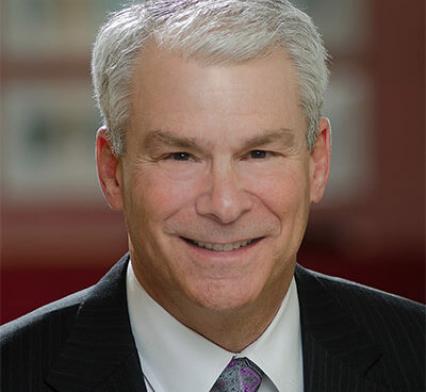Not Failing Isn’t an Option; it’s what you do about it
The evolution of a company is, in some ways, like human evolution. You’ll find a lot of failed experiments in the homo sapiens family tree: offshoots that didn’t have quite the right physiological makeup to succeed in their environments. Although it’s common to use the phrase “survival of the fittest,” Darwin actually talked about the survival of the most adaptable: those species, humans and others, that weren’t dead-ended by the experiments that didn’t work but instead were able to continue changing to thrive in their environment – and outlast, outsmart or overcome their predators. Apply this lens to the business world: companies that experiment have a lot of failures but also a lot of successes. They’re able to grow their businesses and out-compete – not despite their setbacks but because of them.
What matters is not that an innovation fails; it’s what the company learns from that failure. Look at Microsoft. Over a decade ago, the company began work on a new mobile operating system, Windows Phone, with visions of dominating the smartphone market. While the phone’s user interface was well-received, the company struggled to interest app developers in customizing products for it, and earlier this year the company announced it would no longer support the phone. That wasn’t exactly an irreversible setback for Microsoft (which is now the world’s largest company by market capitalization). In the classic spirit of “if you can’t beat ‘em, join ‘em” they are now focusing their mobile efforts on developing apps and services for those same Apple and Android phones they were going to beat. And, in a truly customer-focused twist, they’re telling their customers to switch.
Or take Amazon. It’s easy to focus on their wildly successful innovations: Cloud services, the Kindle, video on demand, Amazon Studios, the Echo. But they also went down a lot of dead ends: jewelry and shoes, Webpay, Amazon Wallet, the infamous Fire phone. Not only did Amazon learn from those failures; they also kept up the creative pace. All of these innovations, both those that succeeded and those that didn’t, came about in the last 15 years. That indicates a company that prizes experimentation and is willing to risk failure.
When you approach your business with the mindset of serving customers first and foremost, it leads you to experiment. You learn from your customers’ habits and innovate to meet those; sometimes it works, sometimes it doesn’t. The experiences of Microsoft, Amazon and many others show us that failure is not something to be feared; rather, it’s something to learn from. Handled right, it can strengthen your company and enable you to adapt in rapidly changing times.
